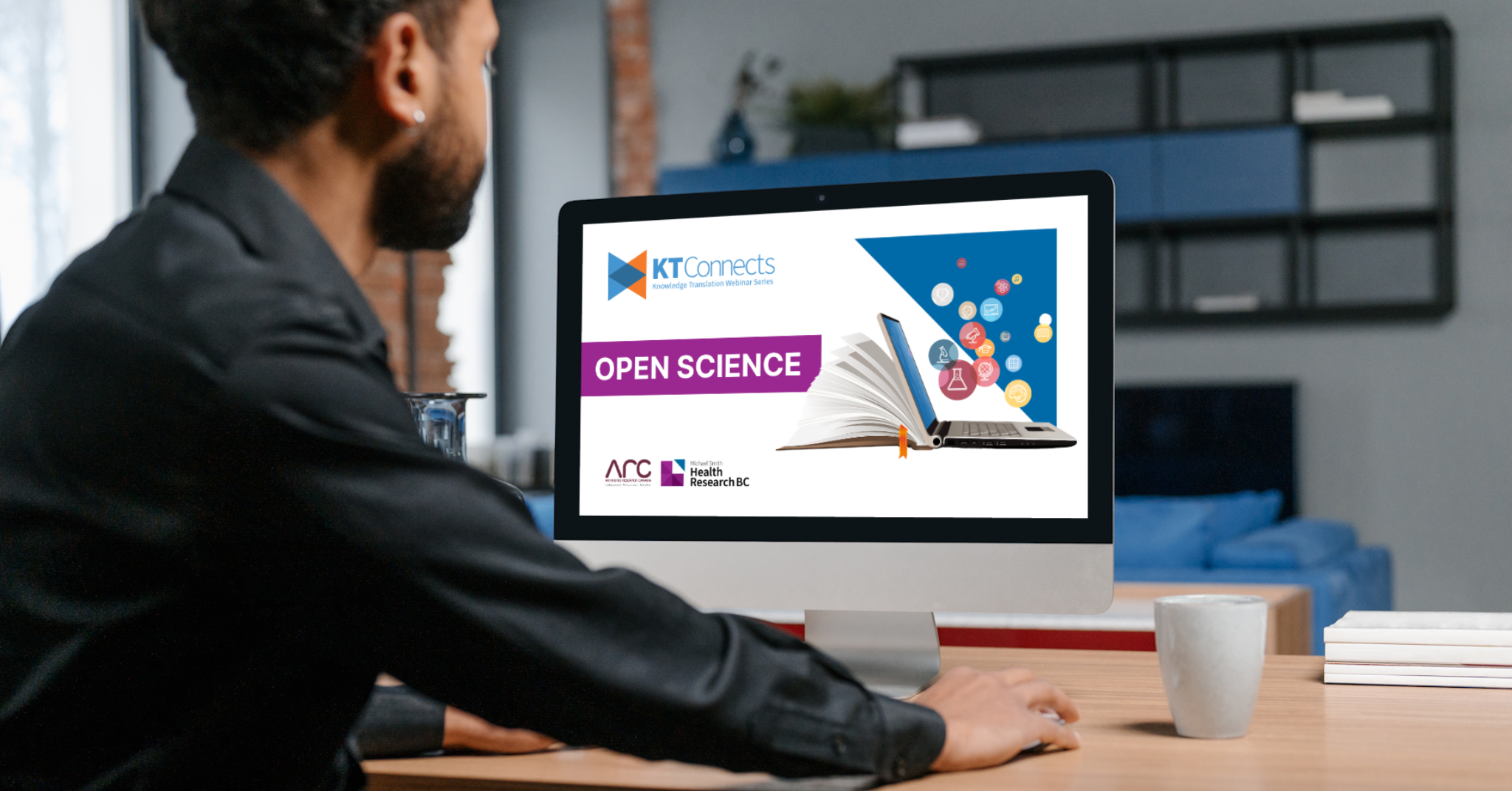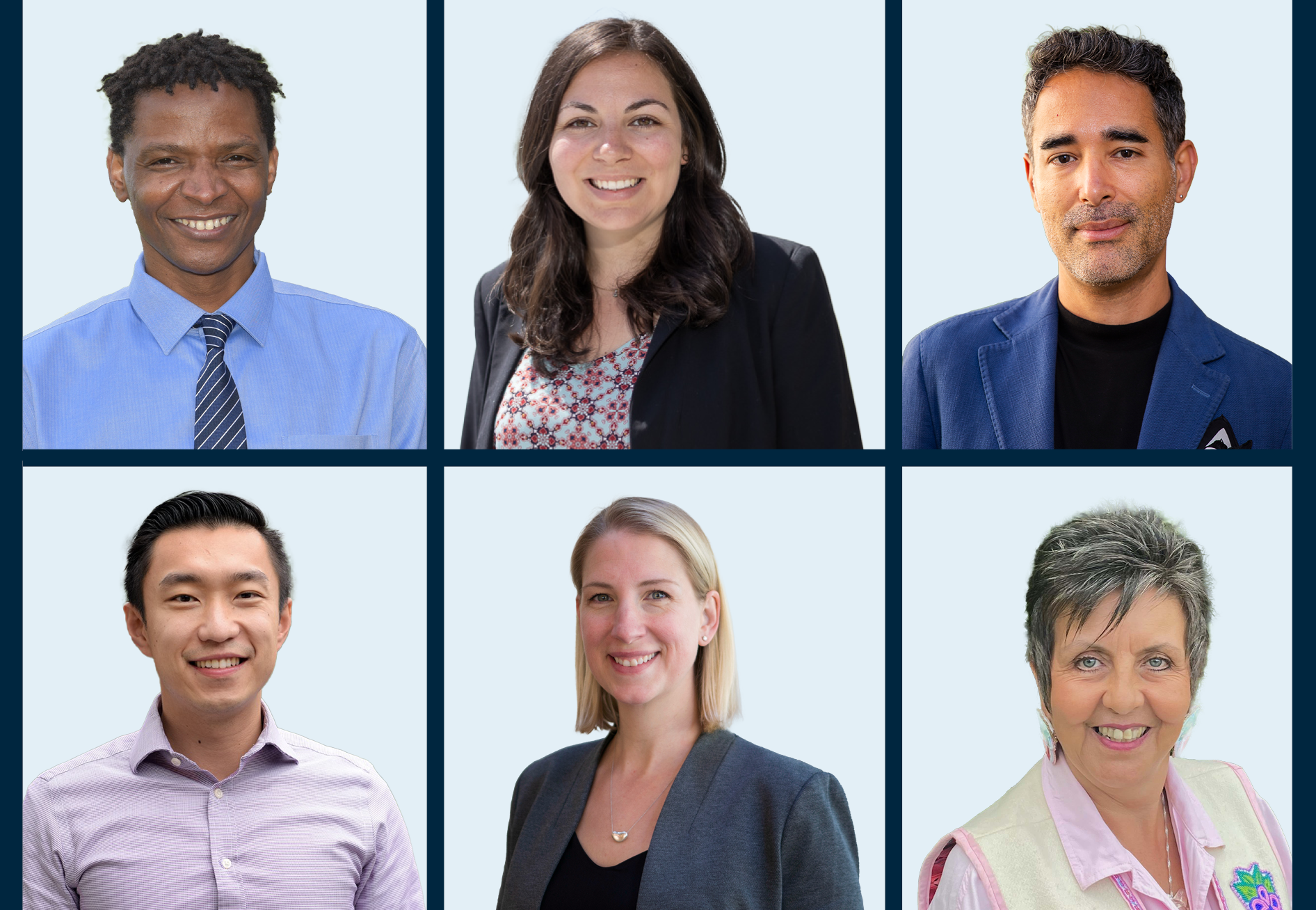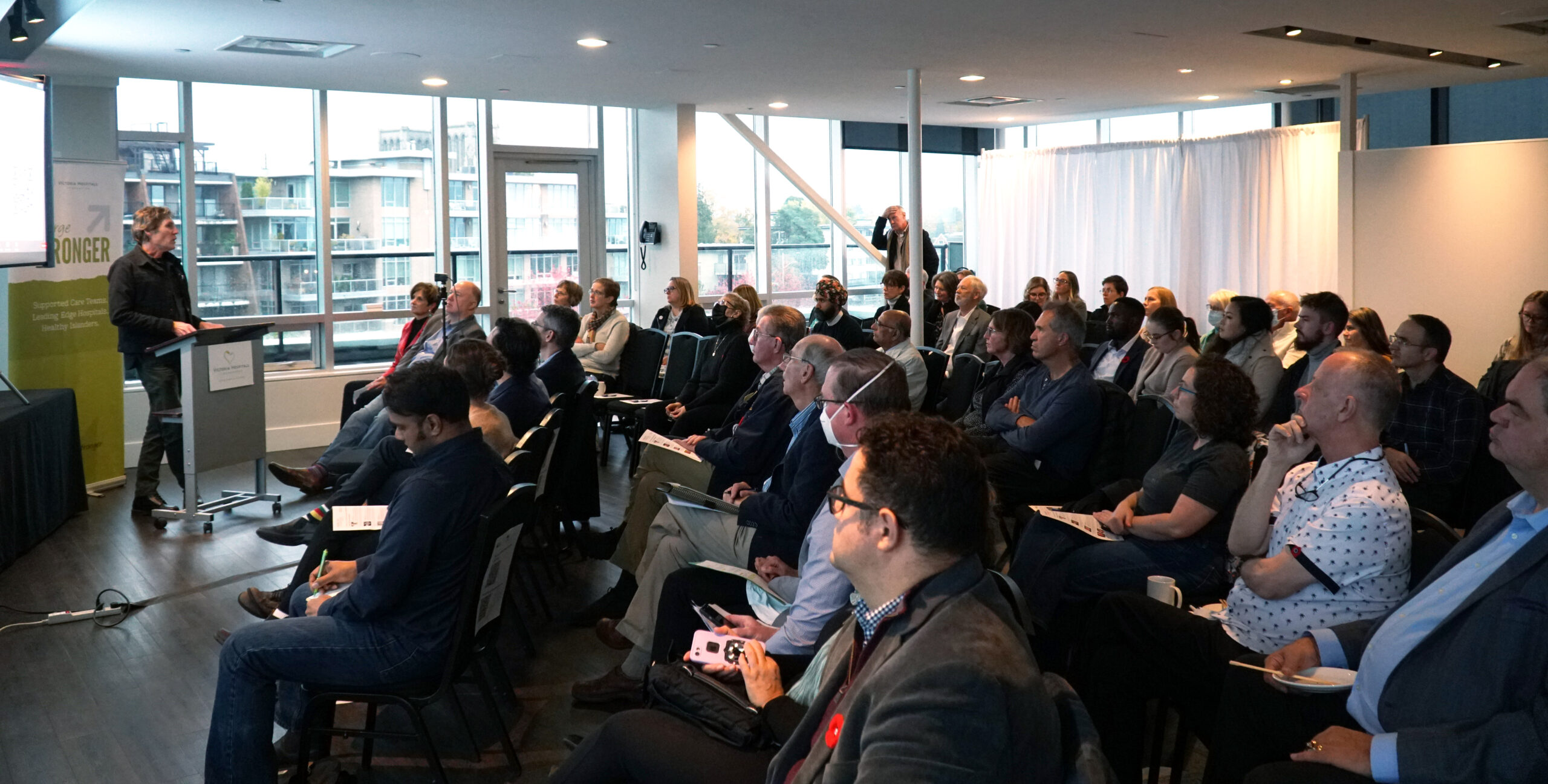KT Connects 2024: Open conversations about open science
20 March 2024

As health research grapples with increasingly complex, interconnected, and global challenges — from pandemics to climate change, and aging populations to struggling health care systems — there is growing recognition of the importance of collaboration, transparency, accessibility, and equity in advancing evidence-based solutions.
The information technology revolution has enabled new methods of research collaboration and participation and rapid ways to share vast quantities of data and new knowledge, yet current research systems still largely depend on peer review and publishing models developed more than 300 years ago.
Open science is a movement to make scientific processes and practices, including research methods and outputs, more accessible and transparent. It encourages the use of current technologies to open new ways for people to share and co-create knowledge.
The potential impact on health research is significant and wide ranging, particularly for complex and large-scale health challenges such as cancer, pandemics, and climate change.
This year, open science will be the focus of our beginner-level knowledge translation (KT) webinar series, KT Connects.
But what exactly is open science, and what is its relationship to knowledge translation and mobilization? How does it promise to transform how we conduct research and share knowledge? And how is it already shaping research practices, policies, and perceptions, in Canada, around the world, and right here in British Columbia?
At its core, open science calls for a significant shift in how research is conducted and shared. By promoting transparency, collaboration, and open access to data and findings, it seeks to make knowledge accessible to everyone and accelerate scientific progress.
But amidst its promises are significant challenges that deserve serious consideration. From concerns about data privacy and security to questions about intellectual property rights and unfamiliar approaches to research assessment, navigating open science’s ethical and practical implications requires thoughtful reflection and proactive solutions.
Within Canada and British Columbia, a vibrant ecosystem of researchers, institutions, and organizations is already at the forefront of open science initiatives. How are these trailblazers harnessing open science’s power to drive innovation, foster collaboration, and address pressing societal issues? How have they grappled with its challenges and what solutions have they unearthed?
In 2024, join KT Connects webinar series as we explore the details of this changing approach, unraveling its potential benefits, and confronting the challenges that lie ahead, with a diverse array of voices and perspectives, each offering unique insights into the complexities of open science for health research in British Columbia, and beyond.
Stay tuned to Health Research BC for more information about this series and to register for specific sessions.
Speakers include:
- Dr. Maria Pawlowska, RAISE science advisory board member, open science consultant — an open science overview from Canadian and international perspectives
- Dr. Clare Ardern, assistant professor, University of British Columbia department of physical therapy — research methods for open science practice
- Dr. Nate Lachowsky, associate dean research, faculty of human and social development and associate professor, School of Public Health and Social Policy & Anu Radha Verma, associate director of research at the Community-Based Research Centre — open science and community-based approaches to research with 2S/LGBTQQIA+ communities
- Dr. Femke Hoekstra, assistant professor, University of British Columbia department of medicine and investigator, Centre for Chronic Disease Prevention and Management (CCDPM) — the intersection of integrated knowledge translation and open science
- Dr. Kelly Cobey, scientist, University of Ottawa heart institute, adjunct professor, school of epidemiology and public health, University of Ottawa, and co-chair for the San Francisco Declaration on Research Assessment (DORA) — monitoring & measuring open science in biomedical research
- Dr. Juan Pablo Alperin, associate professor, publishing, scientific director, public knowledge, project, co-director, scholarly communications lab, Simon Fraser University, & Dr. Alice Fleerackers, postdoctoral fellow, school of journalism, University of British Columbia — open science, science journalism, and media coverage pre-print publications
- Dr. Carole Lunny, methodologist, Cochrane Hypertension Review Group at the University of British Columbia — Artificial Intelligence and open science





